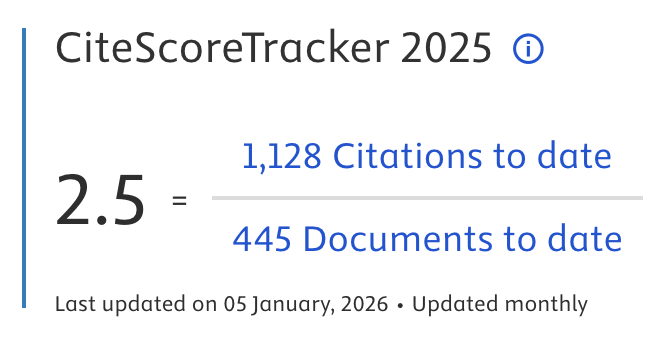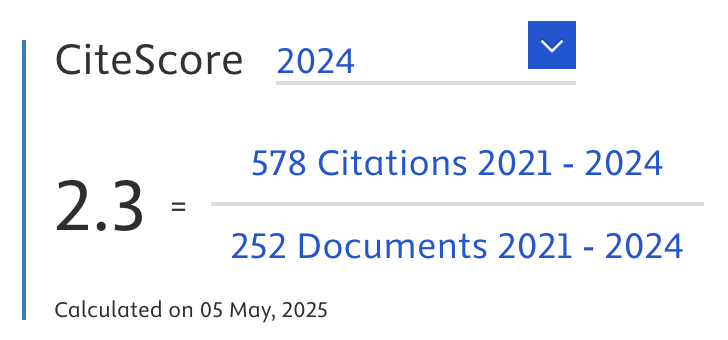Traditional-Enhance-Mobile-Ubiquitous-Smart: Model Innovation in Higher Education Learning Style Classification Using Multidimensional and Machine Learning Methods
Abstract
Learning achievement is undoubtedly impacted by each person's unique learning style. The assessment pattern is less focused due to the intricacy of the current components. In fact, general elements like VARK are thought to create complexity that can impair focus when combined with elements like environmental conditions, teacher effectiveness, and stakeholder policies. Although it is only ideal in specific areas, the application of supported information technology has so far yielded positive results. This essay attempts to be creative in evaluating how well students learn in higher education settings. An assessment framework that uses multidimensionality and simplifies features is the innovation that is being offered. Method, Material, and Media (3M) are the three categories into which simplification of aspects is separated. However, the Dimensions are categorized into five groups: Traditional, Enhance, Mobile, Ubiquitous, and Smart (TEMUS). Approximately 1200 respondents consisting of students and lecturers formed into a dataset in 2 types of data, namely test data and training data. The trial was conducted using 4 models, namely Random Forest, SVM, Decision Tree, and K-Nearest. The test results were interpreted in MSE, R-Square, Accuracy, Recall, Precision, and F1-Score. Based on the comparison of test results, it states that Random Forest has the most optimal results with MSE values of 0.46, R Square 0.99, Accuracy 0.86, Recall 0.86, Precision 0.87, F1 Score 0.84. Based on the results obtained, it proves that in addition to being able to carry out the classification process, the TEMUS Dimensional Framework can form a pattern of compatibility with each other, between the learning styles of Lecturers and Students. According to this TEMUS framework, teacher and student performance will be deemed suitable and effective when the 3M components are assessed from both perspectives in the same way. If not, a review will be conducted.
Article Metrics
Abstract: 328 Viewers PDF: 185 ViewersKeywords
Innovation; Learning Style; Multidimensional; Classification; Machine Learning
Full Text:
PDF
DOI:
https://doi.org/10.47738/jads.v6i1.598
Citation Analysis:
Refbacks
- There are currently no refbacks.

Journal of Applied Data Sciences
| ISSN | : | 2723-6471 (Online) |
| Collaborated with | : | Computer Science and Systems Information Technology, King Abdulaziz University, Kingdom of Saudi Arabia. |
| Publisher | : | Bright Publisher |
| Website | : | http://bright-journal.org/JADS |
| : | taqwa@amikompurwokerto.ac.id (principal contact) | |
| support@bright-journal.org (technical issues) |
 This work is licensed under a Creative Commons Attribution-ShareAlike 4.0
This work is licensed under a Creative Commons Attribution-ShareAlike 4.0





.png)